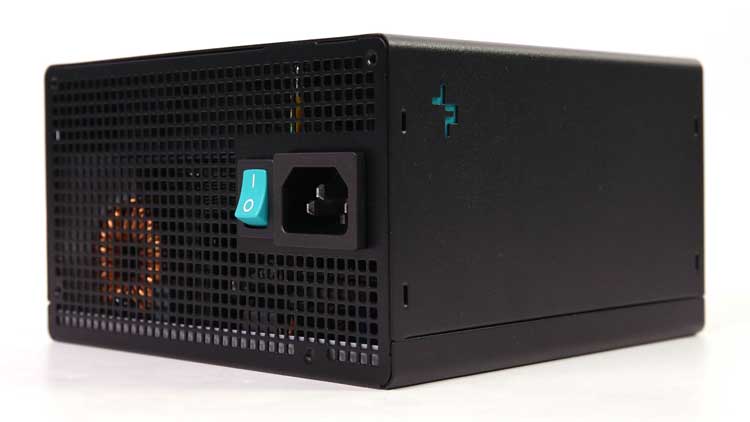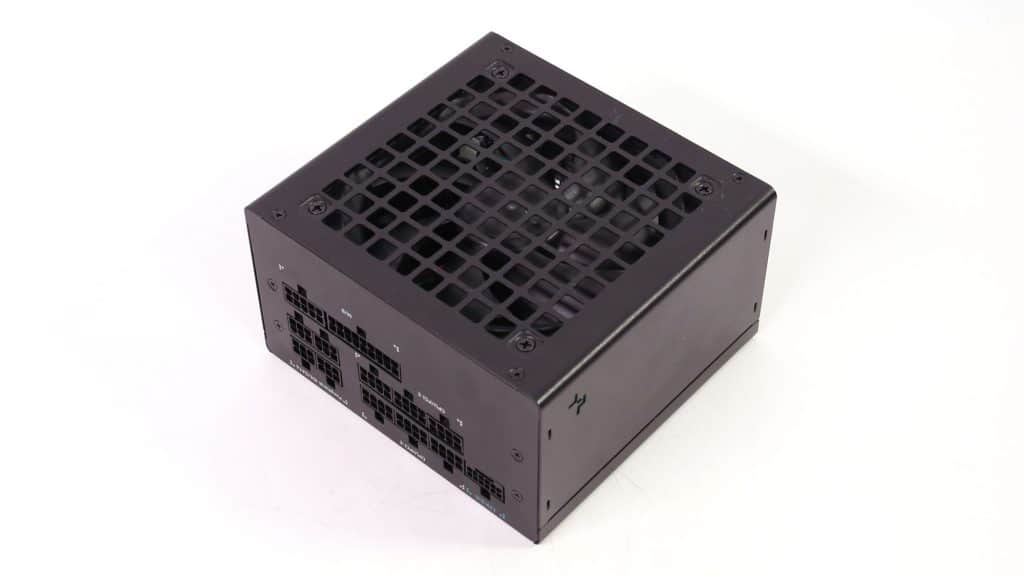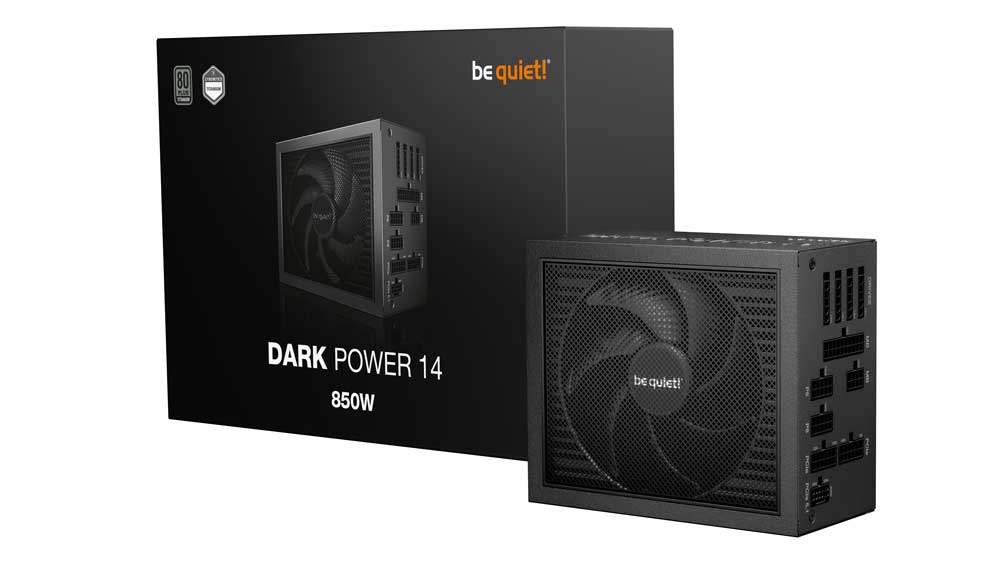Epilogue
The Deepcool PQ1200G offers an alternative option to the PN1200M, which uses CWT’s omnipresent CSZ platform. I wasn’t impressed by the performance of the latter unit, with the former offering a performance upgrade. Still, the PQ1200G cannot effectively meet the competition in terms of overall performance, but this doesn’t mean that it isn’t a good PSU. The 1200W ATX v3.x category is tough, with many worthy competitors trying to attract possible buyers who need strong PSUs for their gaming systems or workstations.
To wrap up, the PQ1200G has tight load regulation at 12V and 5V but is loose on the other two rails and has decent ripple suppression, which is not competitive, though. In any case, I cannot call below 40mV of ripple at 12V under full load at >45C degrees Celsius as mediocre performance. Moreover, the unit’s transient response is pretty good at 12V, where it matters the most, the hold-up time is above 20ms, the inrush currents are low at both voltage inputs, and the 5VSB rail is efficient. The PSU’s overall efficiency could be a bit higher, but at least the APFC converter does a good job, meaning that the amount of wasted energy is restricted. Lastly, vampire power is kept low.
The average noise output exceeds 30 dBA, which I consider the limit for relatively quiet PSUs. However, compared to other 1200W units, the PQ1200G achieves good places in my average fan noise graphs. The lack of a semi-passive mode doesn’t bother me, but it would be ideal if its fan was spinning at lower speeds at light and moderate loads if this doesn’t affect the platform’s reliability. The unit’s super compact dimensions don’t allow for better airflow and this is why I am not fond of compact power supplies. Larger PCBs and PSU cases allow for larger fans and more distance between the PSU’s parts, so airflow is better.
In the protection features section, which is among the most crucial, the only things that need attention are the high OCP triggering points on the minor rails, and the very small deviation in them between cold and hot conditions. Normally, under hot conditions, the triggering points should fall notably to provide better protection.
I don’t have any information on when this PSU will be available in other markets besides the Chinese one, but Deepcool informed me that this will happen this year and the price will be highly attractive. If the PQ1200G has a lower price than the PN1200M, which currently goes for 149 dollars, then Deepcool will have a strong asset in its hands.
To give you an idea of the prices of the competition:
- Corsair RM1200x Shift: $230
- ASUS TUF Gaming 1200W Gold: $209
- be quiet! Straight Power 12-1200w: $200
- Seasonic VERTEX GX-1200: $200
- Thermaltake Toughpower GF A3 1200W: $170
- NZXT C1200: $154
- be quiet! Pure Performance Power 12 M 1200W: $150
- Deecool PN1200M: $149
- Montech Titan Gold 1200W: $140
Given the above prices, the $149 price of the PN1200M doesn’t look so good since, for ten dollars less, you can get the Montech Titan Gold 1200, which uses a better-performing version of CWT’s CSZ platform. There is also the NZXT C1200 offered at a reasonable price, which has some minor modifications for better performance.
1200W ATX v3.x PSU reviews:
- Deepcool PN1200M ATX v3.1 PSU Review
- Enermax PlatiGemini 1200W ATX v3.1 & ATX12VO PSU Review: The first of its kind!
- Thermaltake Toughpower GF3 1200W ATX v3.0 PSU Review
- Super Flower Leadex VII XP 1200W ATX v3.0 PSU Review
- Thermaltake Toughpower GF3 1200W ATX v3.0 PSU Review
- Thermaltake Toughpower PF3 1200W PSU Review
- Thermaltake Toughpower GF A3 1200W PSU Review
- Montech Titan Gold 1200W PSU Review
- XPG Core Reactor II 1200W PSU Review – Platinum > Gold
Before investing in a new power supply, read my Best ATX v3.x PSUs article to check all alternative PSU offerings. You help me a lot by using my affiliate links, which don’t increase the product’s price. I get a commission from Amazon every time you do it, which can make a difference for me, especially now that I am on my own, working exclusively for my media and not for someone else.
- Delivered full power at 47°C
- ATX v3.1 and PCIe 5.1 ready
- Good build quality
- Good transient response at 12V
- Tight load regulation at 12V and 5V
- Long enough hold-up time
- Low inrush currents
- Well-performing APFC converter
- Properly set 12V OCP and OPP
- Efficient 5VSB rail
- Low standby power
- Alternative Low Power Mode (ALPM) compatible
- FDB Hong-Hua fan
- Fully modular (individually sleeved cables)
- Enough cables and connectors, including a high-power one (12+4 pin, 600W)
- Compact dimensions (140mm depth)
- Not competitive overall performance
- OCP triggering points need tuning on the minor rails
- Average efficiency needs boosting
- Mediocre transient response at 5V and 3.3V
- Loose load regulation at 3.3V and 5VSB
- EPS cables should be 650mm long
- Short distance (120mm) between peripheral connectors



